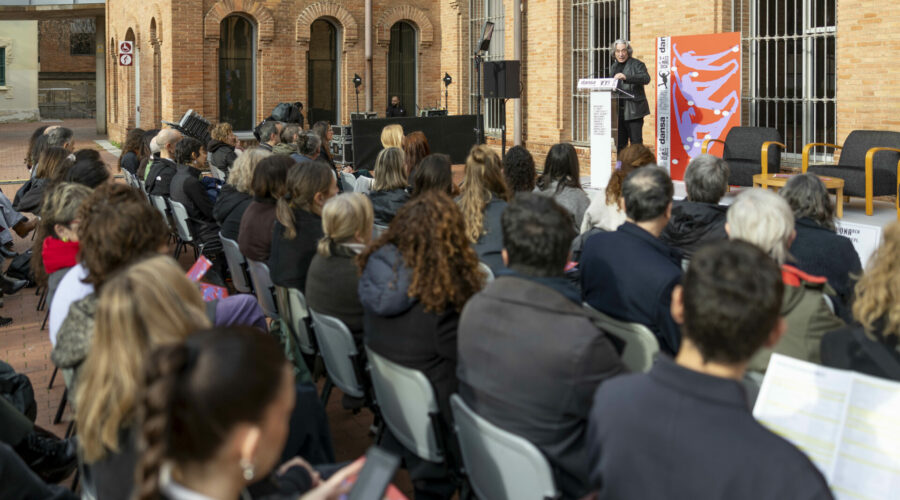
Imatge dels treballadors de Bicing durant la protesta davant de l Ajuntament de Barcelona el 12 de juliol de 2017 Horitzontal Neus Toro ACN
As Barcelona faces the fourth day of the indefinite Bicing strike, the city is looking for solutions to improve the coexistence between bicycles, scooters and pedestrians in conflict zones.
The strike has had a significant impact on the Bicing service, with the majority of staff taking part in the protest, affecting the redistribution of bicycles and leaving mechanics without service.
Bicing workers are demanding a wage increase of 1,500 euros per employee per year, while the proposal of the concessionary company, Pedalem, is half this figure.
The strike, called because of the company’s refusal to implement the proposed wage increase, has brought most of the service’s operations to a standstill. According to union sources, around 1,500 bicycles are currently broken down in stations or workshops.
The company Pedalem, for its part, has stated that 37 stations have been vandalized and are out of service. This conflict has triggered a psychological war between the employees and the company, with no clear horizon for the resumption of negotiations.
The majority union on the works council, the CGT, is willing to sit down again with the company, but so far, no meeting has been scheduled.
Seeking road coexistence in the midst of Bicing strike
For its part, the Department of Labor, which tried to avoid the strike until the last moment, has not yet summoned the parties to resume talks. The consistory, in situations like this, usually delegates the negotiation to the concessionaire company, which adds an additional layer of complexity to the talks.
The socialist councilwoman, Laia Bonet, has ruled out for the moment her direct intervention in the conflict. “We hope that negotiations will resume as soon as possible,” Bonet mentioned last Tuesday.
Meanwhile, the city is experiencing a lack of Bicing services, with inoperative bikes piling up in stations and garages.
Statistics of the Bicing service in Barcelona
The Bicing service in the city has a total fleet of 7,000 bicycles, of which 4,000 are electric and 3,000 are mechanical. The city seeks to solve both labor demands and improve street mobility by promoting harmonious coexistence between bicycles, scooters and pedestrians in areas where there have historically been conflicts.
Bicing has transformed mobility in Barcelona, offering an efficient bike-sharing system for urban residents. This service, which encompasses both mechanical and electric bicycles, stands out for its simplicity and sustainability, providing an emission- and noise-free alternative for daily commuting in the city.
Unlike tourist rental systems, Bicing focuses on being a means of daily transportation and a complement to conventional public transportation. It aims to facilitate short trips within the city, encouraging a greener and more active urban lifestyle.



